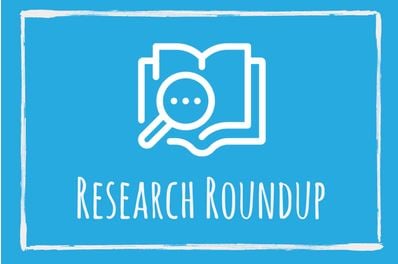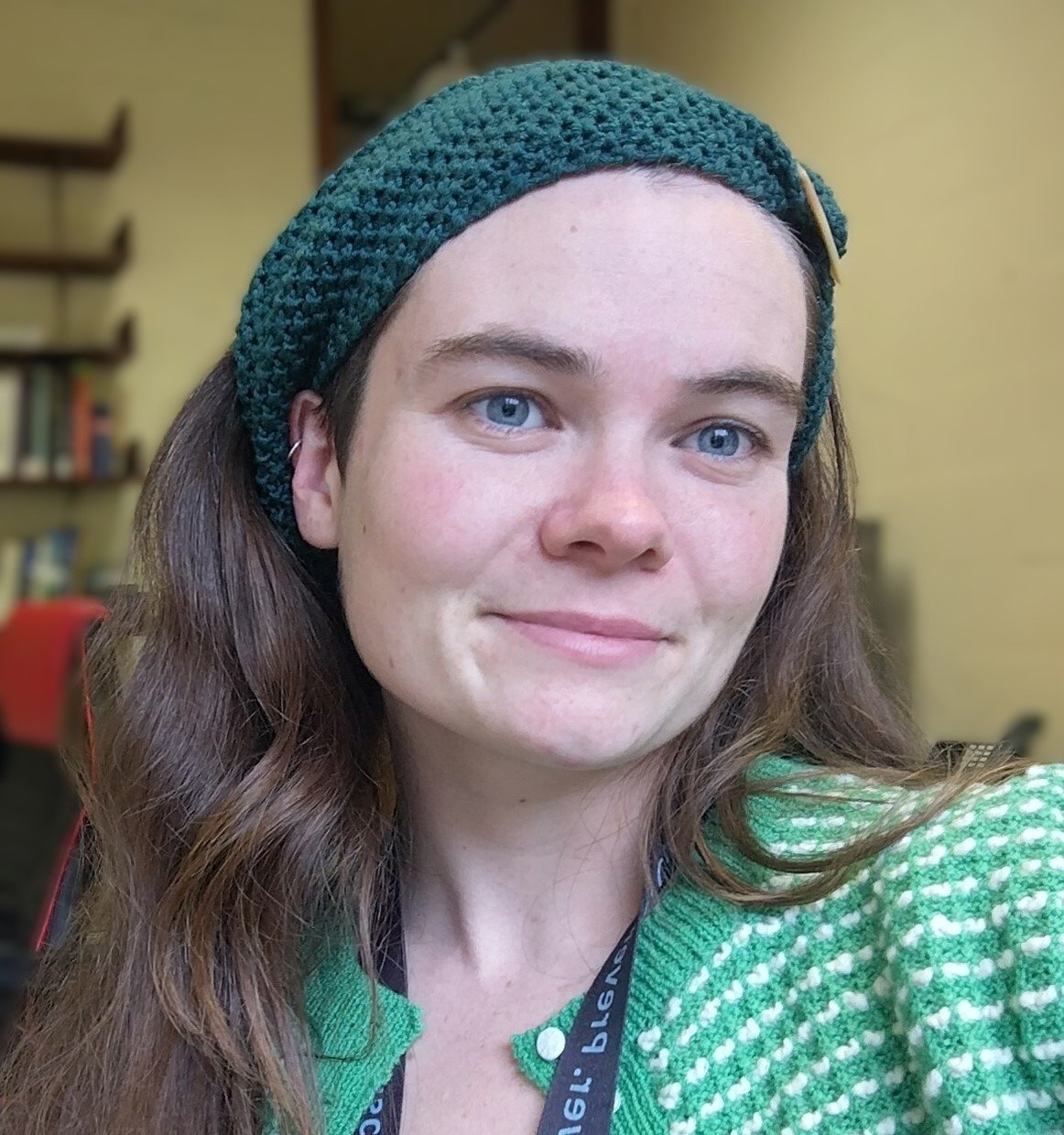Search
Showing results for "autism"
The growing global prevalence of autism spectrum disorder is associated with increasing costs for support services. Ascertaining the effects of a successful preemptive intervention for infants showing early behavioral signs of autism on human services budgets is highly policy relevant.
Results suggest that autism traits are associated with poorer clinical presentation in first-episode psychosis populations

View our wide range of resources including fact sheets, and help understanding autism.
Traits and characteristics qualitatively similar to those seen in diagnosed autism spectrum disorder can be found to varying degrees in the general population. To measure these traits and facilitate their use in autism research, several questionnaires have been developed that provide broad measures of autistic traits [e.g. Autism-Spectrum Quotient (AQ), Broad Autism Phenotype Questionnaire (BAPQ)]. However, since their development, our understanding of autism has grown considerably, and it is arguable that existing measures do not provide an ideal representation of the trait dimensions currently associated with autism. Our aim was to create a new measure of autistic traits that reflects our current understanding of autism, the Comprehensive Autism Trait Inventory (CATI).

Here’s a quick look at some of the published research to come out of CliniKids recently (June 2021 newsletter)

Georgia Coverdale is a PhD candidate within the Autism Research team.
Siu Min Tay is a PhD candidate within the Autism Research team at CliniKids.
Our award-winning 60 Second Science video series translates the latest research into an accessible format for the community. Here you will also find our Autism Seminar Series and videos about our clinical services and current research projects.

Here you'll find a wealth of information and resources to help support your child.

PhD Candidate
